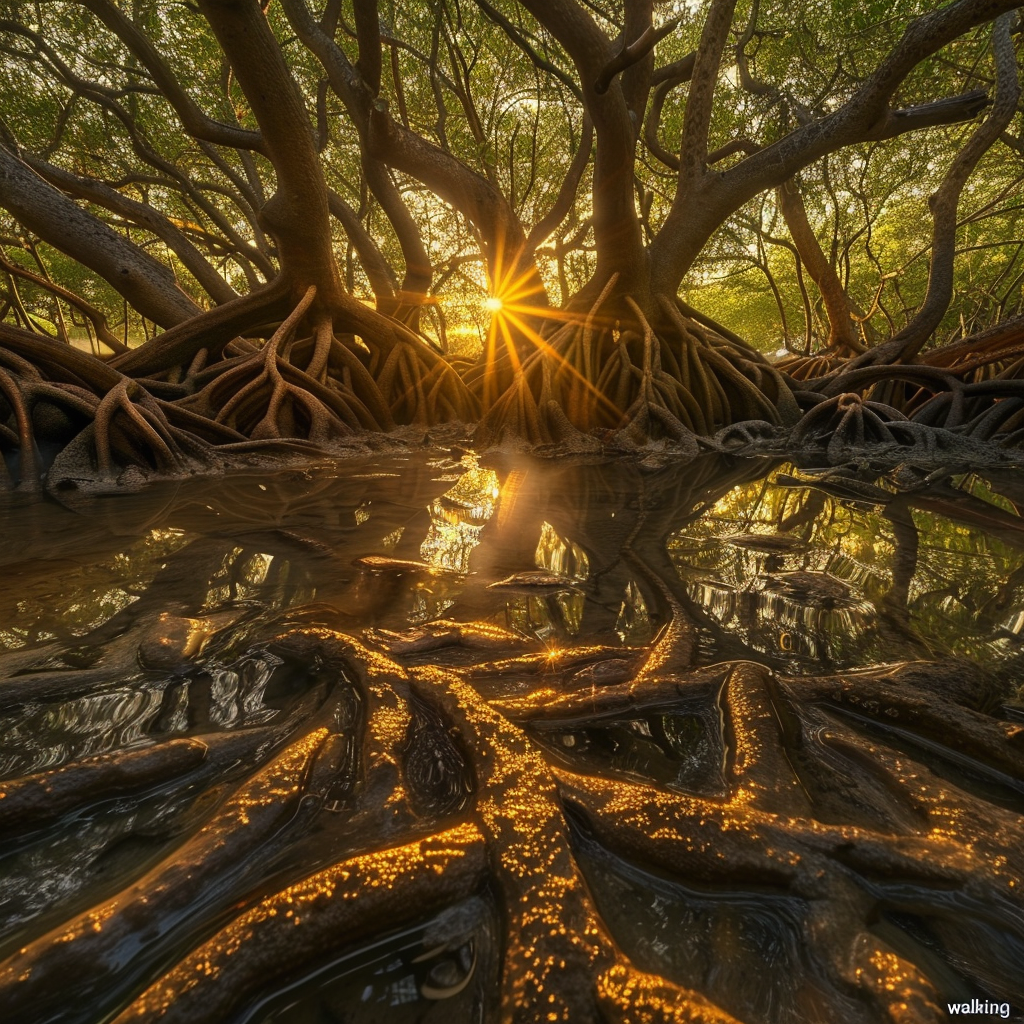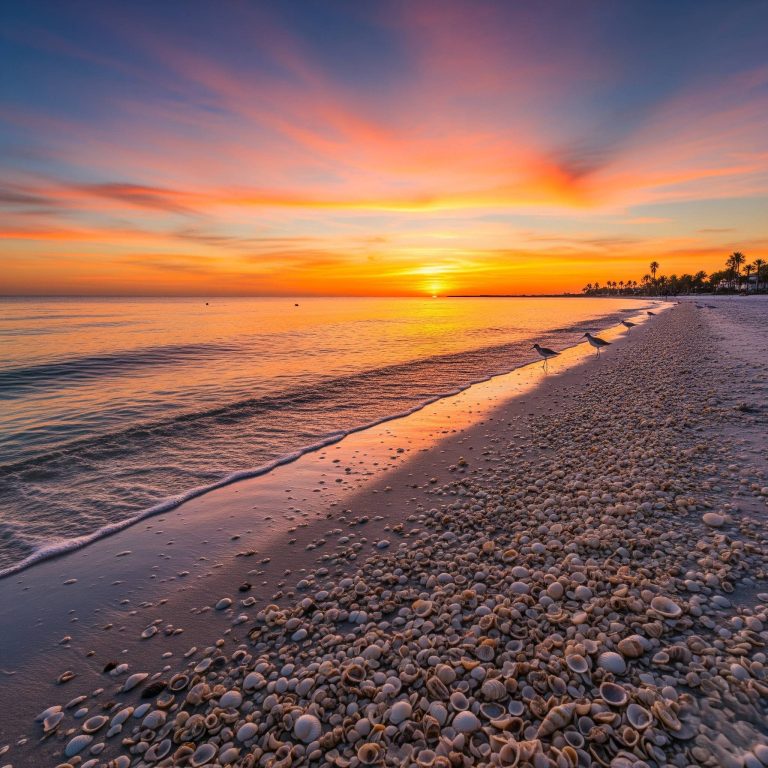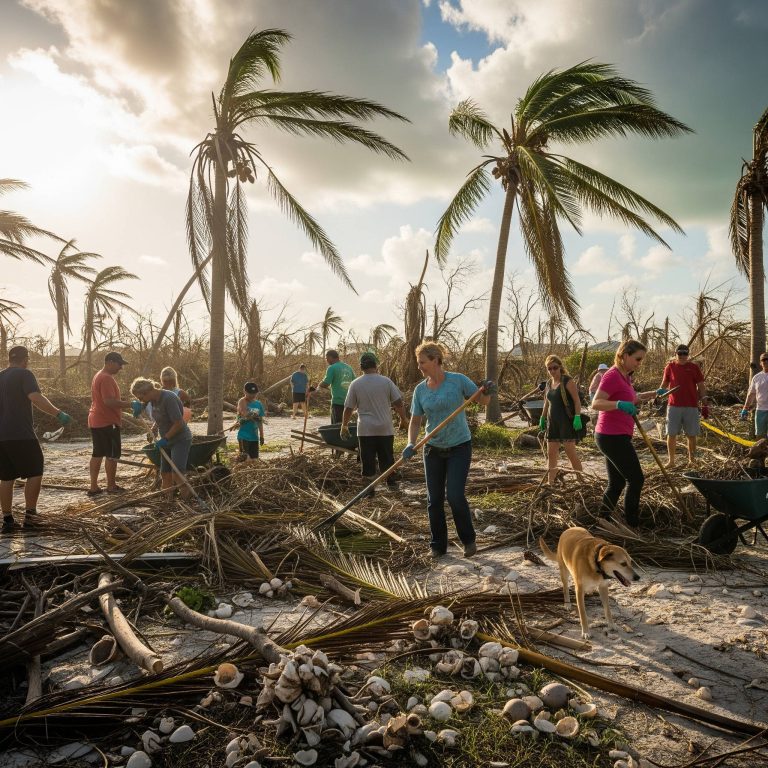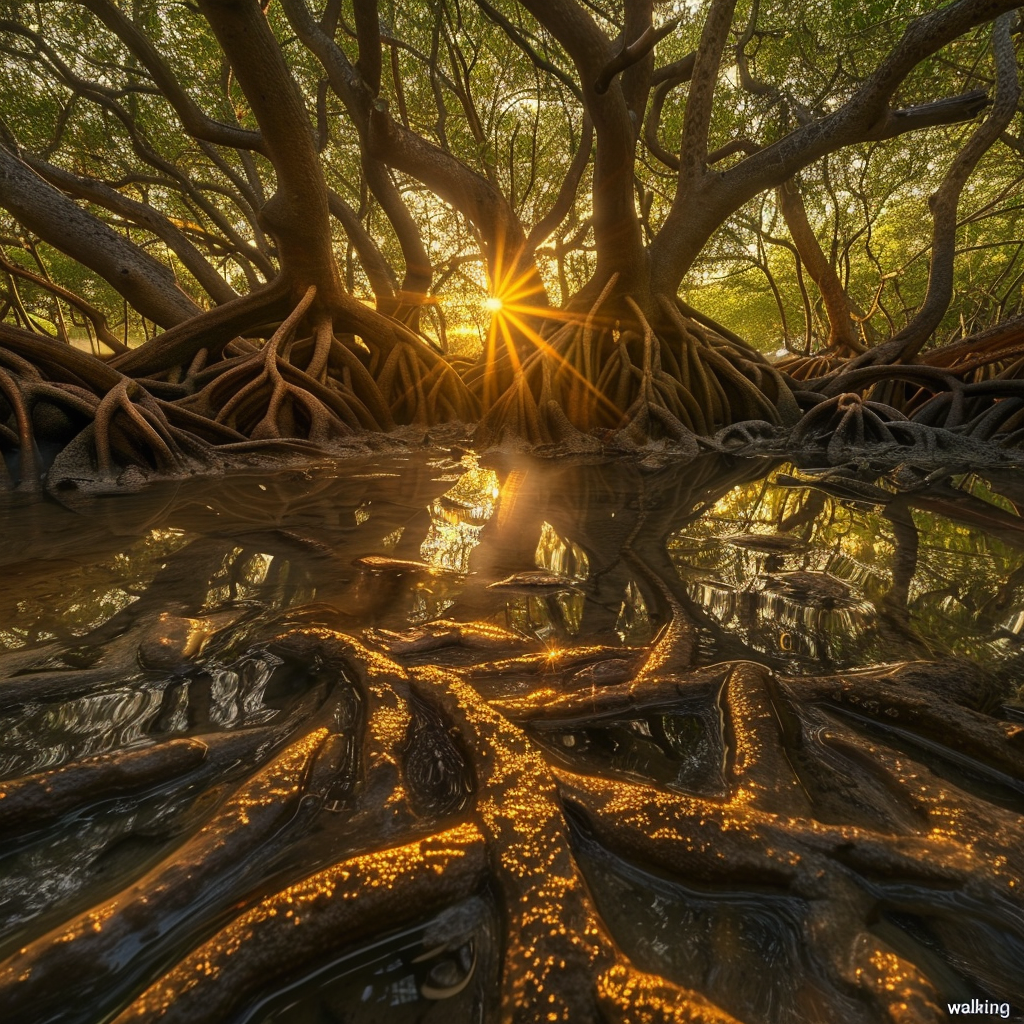
Can you guess how these trees seem to walk? Uncover their secrets…
How mangroves ‘walk’ is a wonder that reveals nature’s secrets. “Mangroves are the superheroes of our coastlines,” says Claire, a marine biologist. They adapt and thrive in salty waters, creating homes for wildlife. Discover how these amazing trees move and why they are essential to our coastal ecosystem. Keep reading!
The Science Behind Their Movement
Mangroves have a unique way of adapting to their environment, allowing them to thrive in salty waters. Their roots can grow in unusual directions to capture nutrients, giving the impression that they’re moving.
How Do Mangroves ‘Walk’?
Mangroves use their specialized root systems to stay anchored while also reaching for food and water. Here’s how they do it:
| Root Type | Function |
|---|---|
| Prop Roots | Support the tree and prevent erosion |
| Pneumatophores | Help the tree breathe in muddy, salty soil |
| Adventitious Roots | Grow in unusual directions to seek nutrients |
Imagine a tree stretching its roots like fingers into the ground, reaching for food! 🌱
Fun Fact:
Did you know that mangrove trees can grow in brackish water, which is a mix of fresh and saltwater? Their roots are like superheroes with special powers, enabling them to thrive in tough environments.
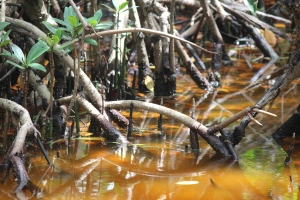
Credit to @bandoteam
The Importance of Mangroves
Why do these “walking trees” matter? As sea levels rise, mangroves secure their footing by growing in different directions. This not only helps them survive but also protects coastlines from erosion and storms.
Remember: Mangroves act like nature’s shields, keeping beaches safe while creating habitats for various creatures.
Personal Connection
Visiting a mangrove forest is like entering a magical world. The air is filled with the sounds of birds and the rustle of leaves. Watching these trees sway gently in the breeze can be a peaceful experience. It’s fascinating to see how nature finds ways to adapt and thrive!
Credit to @NBC2swfl
This section is a glimpse into the amazing world of mangroves and their adaptive capabilities. Their unique adaptations and the roles they play in our ecosystems are essential, especially as climates change. By understanding their “walking” abilities, the importance of preserving these habitats becomes clear.
A Home for Diverse Wildlife
Mangroves are essential habitats for various wildlife species, including fish, birds, and crustaceans. These trees provide a safe space for creatures to grow and thrive. Here’s how they contribute to the coastal ecosystem:
Wildlife That Calls Mangroves Home
| Wildlife Group | Description | Role in the Ecosystem |
|---|---|---|
| Fish | Juvenile fish find shelter among the roots | Nurseries for young fish, promoting biodiversity |
| Birds | Various birds nest in the branches | Important nesting sites, offering safety for eggs |
| Crustaceans | Crabs and shrimp hide among the roots | Play a role in the food chain and nutrient cycling |
Why Mangroves Matter
- Nurseries for Fish: Young fish swim among the mangrove roots. Here, they can hide from predators. This safe environment allows them to grow until they are strong enough to venture into the open sea.
- Nesting Sites for Birds: Many birds, such as egrets and herons, build their nests in mangroves. The dense branches provide protection from storms and predators.
Fun Fact:
Did you know that over 80% of the world’s fisheries depend on mangroves? These habitats are like nature’s buffet, serving as a food source and home for many species.
Personal Connection
Walking through a mangrove forest feels like stepping into a hidden world. The sounds of birds chirping and fish splashing create a lively soundtrack. Watching young fish dart in and out of the roots is like observing a nature documentary up close! It’s incredible to see how these trees support a variety of wildlife, showcasing the wonders of nature.
This section highlights the importance of mangroves as a home for diverse wildlife. Their role as nurseries and nesting sites makes them vital for maintaining the balance of coastal ecosystems. Understanding their significance reveals why protecting these environments is essential for the health of our oceans and beaches.
Fun Quizzes and Trivia
Ready to put your mangrove knowledge to the test? Mangroves are fascinating trees with many secrets! Engaging with quizzes can help learn more about them while having fun. Here are some fun questions and trivia to dive deeper into the world of mangroves!
Mangrove Quiz: How Much Do You Know?
Engage with This Fun Trivia!
- Did you know? Certain mangrove species can live for over 100 years! That’s like a wise old tree, watching the world change around it.
- What makes mangroves special? They have unique adaptations that help them thrive in salty waters. The answer lies in their leaves, which filter out salt, making it possible for them to grow where most plants can’t.
This section encourages a playful exploration of mangroves. Engaging with quizzes and trivia not only tests knowledge but also fosters a deeper appreciation for these essential trees. Enjoy the journey into the wonderful world of mangroves and discover why they are vital to coastal ecosystems!
Conclusion
What a journey it has been! Mangroves are truly fascinating, and their ability to adapt and “walk” makes them remarkable trees. They teach everyone about nature’s strength and beauty, reminding us why preserving coastal ecosystems is important.
Call to Action
Share Your Mangrove Moments!
Have you spotted some amazing mangroves? Share your favorite mangrove photos and stories! Connect with fellow nature lovers and keep the excitement alive.
Credit to @TheLawlessTide
Thank You Message
Thanks for joining in on the adventure to uncover the mysteries of Sanibel’s walking mangroves!
Now, it’s time to explore them for yourself. Whether wandering through the mangrove trails of Sanibel Island or learning about them from home, these incredible trees showcase nature’s resilience. They remind everyone of the importance of protecting our beautiful coastlines for future generations.
This conclusion wraps up the exploration of mangroves beautifully while encouraging sharing and community connection. It keeps the conversation friendly and inviting, inviting nature enthusiasts to engage further. 🌱

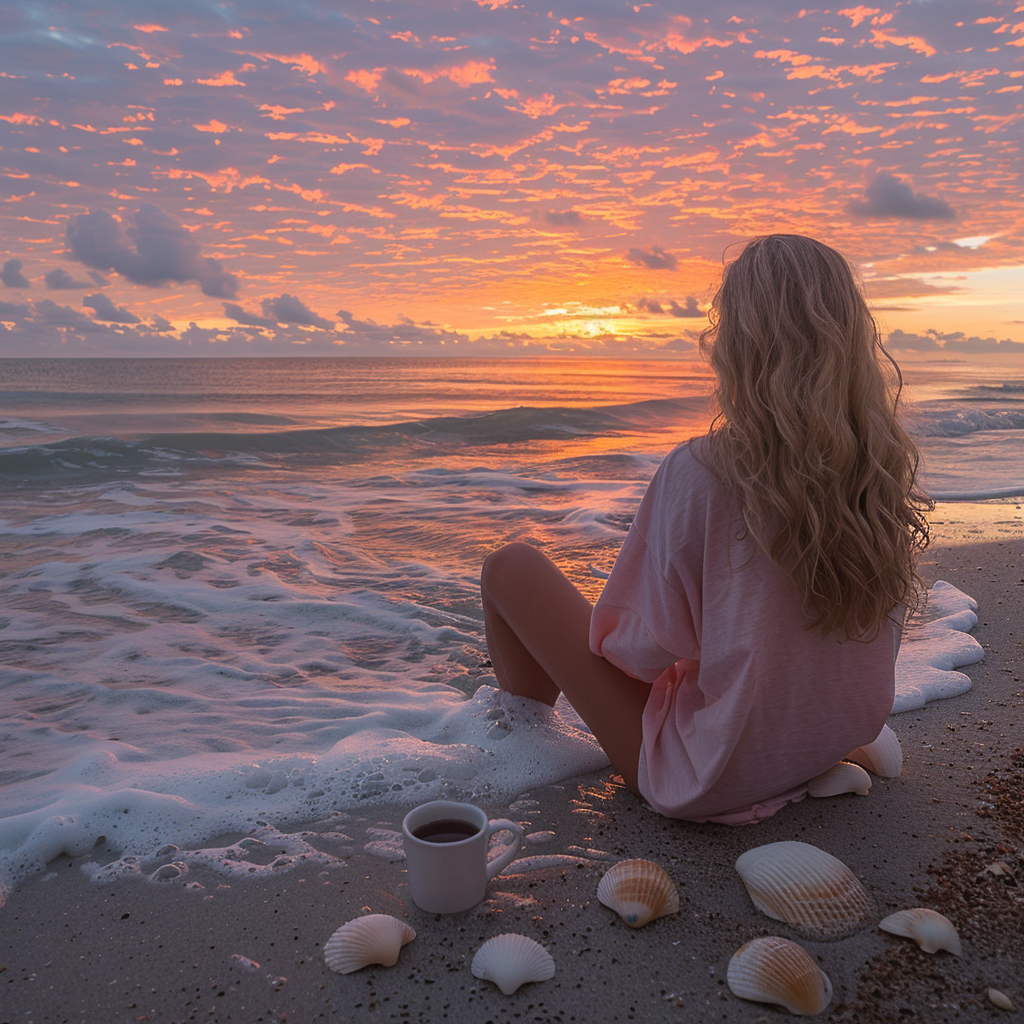
I’m Ayla Wolesky, and I’ve spent years exploring every corner of Sanibel Island. From its pristine beaches to the hidden gems only locals know about, I’m passionate about sharing everything this beautiful island has to offer. Whether it’s the best spots for shelling, the wildlife that makes Sanibel so special, or where to enjoy a perfect sunset, I’ve got you covered. My goal is to provide insider tips and up-to-date information that will help you experience Sanibel Island like never before.


